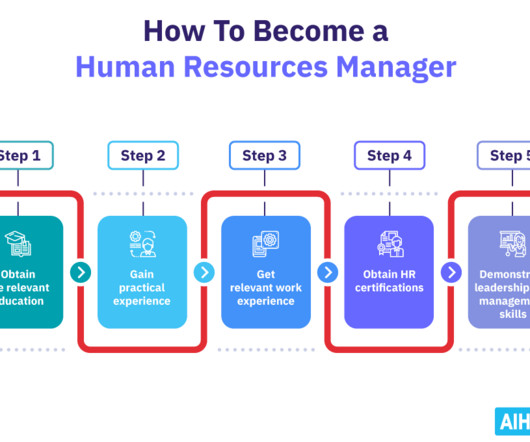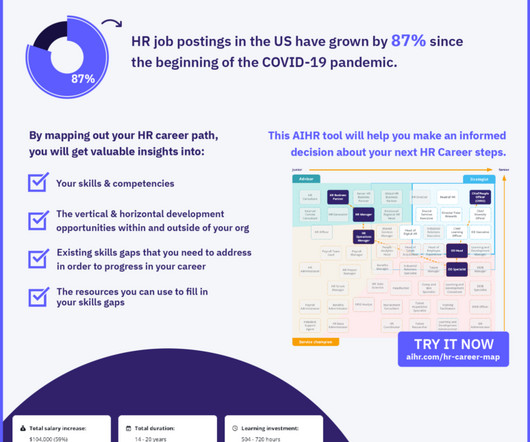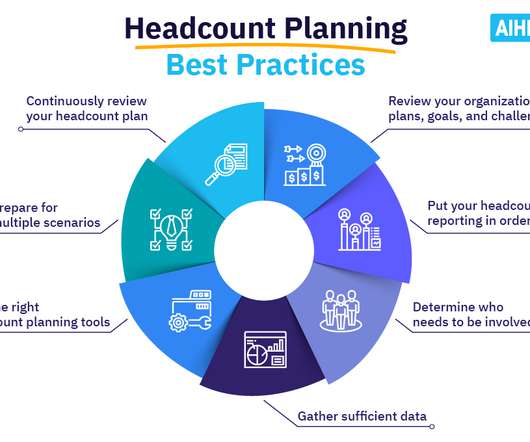10 Roles In Human Resources That You Should Explore
HR Management
FEBRUARY 12, 2024
The role of this department goes beyond recruiting the best talents; it also involves managing the onboarding process, distributing employees’ salaries, training new employees, and so much more. An HR coordinator is expected to act as a point of contact for employees and may also assist in resolving HR-related issues.


































Let's personalize your content